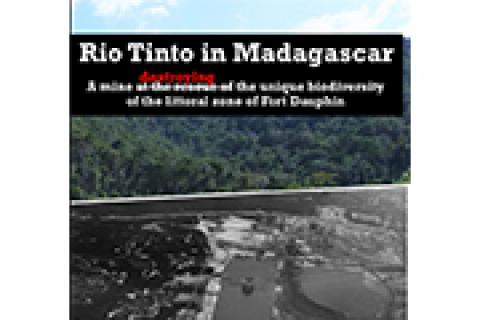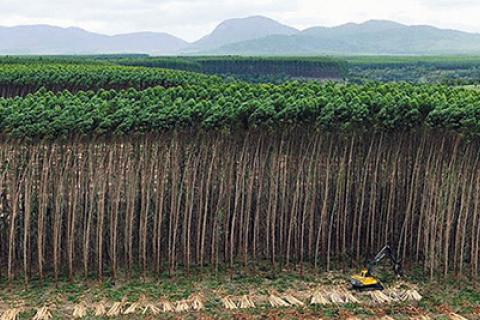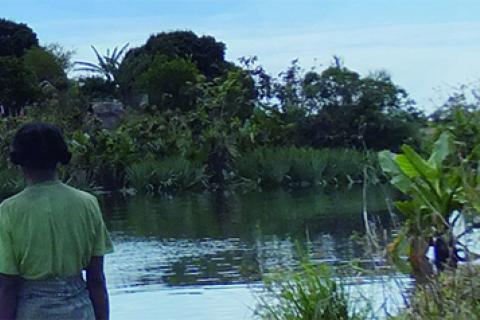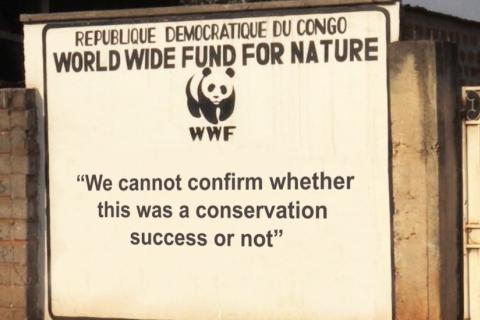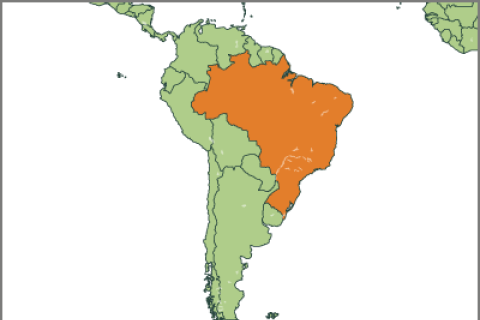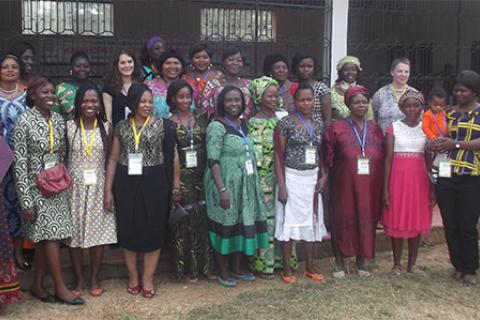Representatives from the world's most notorious mining companies are meeting at the 'Responsible Extractives Summit' in London, England, on 21 and 22 June.
Other information
Only available in Spanish
5 de junio - Día Mundial del Medio Ambiente
El asesinato de Berta Cáceres ha desnudado una serie de intereses económicos que involucran distintos niveles de funcionarios, instituciones financieras, integrantes de gobiernos centroamericanos, europeos, estadounidenses y canadienses (por lo menos) que dejan ver la arquitectura del despojo.
Only abvailable in Spanish. Por Giorgio Trucchi
El Ministerio Público hondureño dio a conocer la detención de cuatro sospechosos del asesinato de Berta Cáceres, un teniente retirado del ejército y subjefe de seguridad de DESA, un mayor de las Fuerzas Especiales de las FFAA, el gerente social y ambiental de DESA y un capitán retirado del Ejército.
Manifesto sent to Brazilian authorities for the immediate release of Chief Babau and Teity Tupinambá
Please, click here to sign-on:
https://secure.avaaz.org/po/petition/cepedescepedesorgbr_
Liberdade_para_o_Cacique_Babau_e_seu_irmao_Jose_Aelson/
Women, communities say NO to the expansion of oil palm plantations and industrial palm oil
We are 40 participants who have united in Mundemba, Cameroon, for an international workshop on the tactics and strategies of oil palm companies, from 28 to 31 January 2016. We have gathered to share our experiences from Cameroon, West and Central Africa, Asia and South America, and to understand the realities of the local communities in Ndian Division, Southwest Region of Cameroon.
Women resist industrial palm oil (Photo: JVE-Cameroun)
Considering that the aspiration to human dignity is a common ideal for humankind, and that the United Nations Charter asserts this aspiration in its preamble and in the Universal Declaration of Human Rights;
